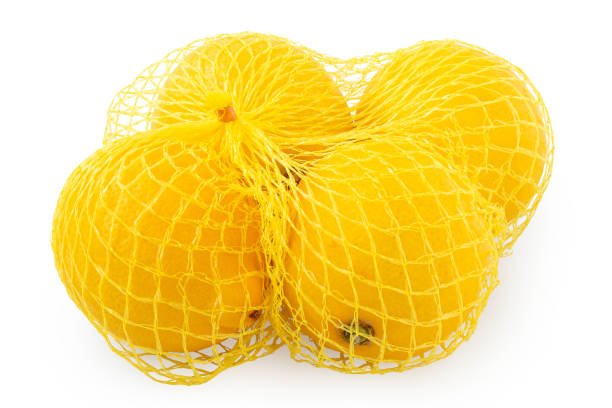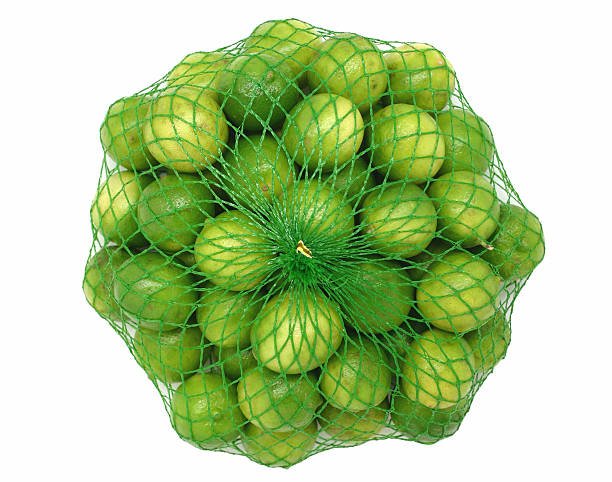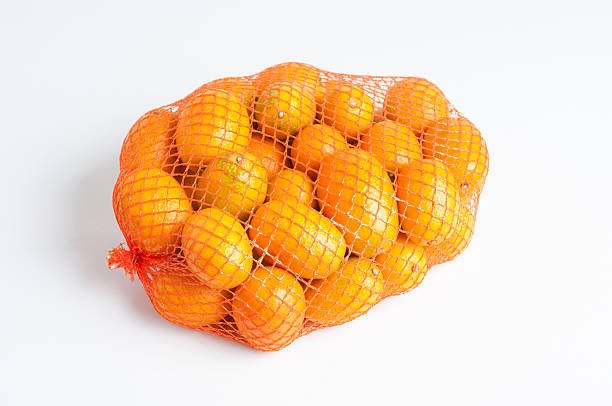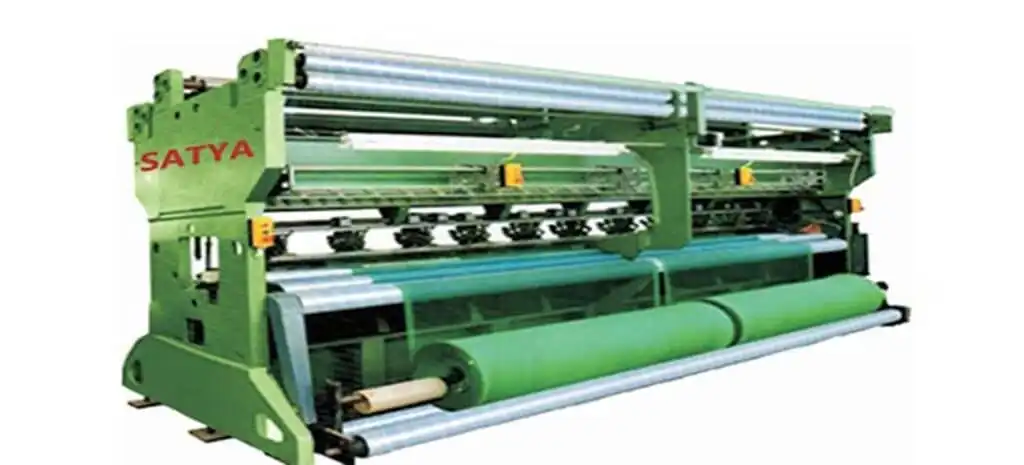.
What Are Mesh Bags?
Mesh bags are bags made from open-weave fabric that creates a “mesh” pattern, allowing air to circulate through. Typically made from materials like cotton, nylon, or plastic, these bags come in various sizes and strengths. They are designed to hold items securely while providing visibility and airflow.
A Brief History of Mesh Bags
Mesh bags have been used for decades, particularly in industries that require breathable storage solutions for perishable goods. Initially, plastic mesh bags dominated the market, especially for agricultural use, like transporting onions, potatoes, and citrus fruits. However, as environmental concerns grew, more eco-friendly materials such as cotton and recycled fabrics emerged as popular choices.
Benefits of Using Mesh Bags
Mesh bags offer numerous benefits:
- Breathability: Their design allows air circulation, which helps keep produce fresh.
- Eco-friendliness: Reusable and made from sustainable materials, they are a green alternative to single-use plastics.
- Versatility: From grocery shopping to organizing household items, mesh bags have many uses.
- Durability: High-quality mesh bags can last for years, making them a cost-effective choice over time.


Types of Mesh Bags
Choosing the right type of mesh bag depends on your specific needs. Let’s explore some popular options available in the market.
Plastic Mesh Bags
Plastic mesh bags, often used for packaging produce like onions and potatoes, are typically made from polypropylene or polyethylene. These bags are lightweight, inexpensive, and durable. They’re commonly used in agricultural and retail settings due to their strength and breathability.
Cotton Mesh Bags
Cotton mesh bags are a sustainable option made from natural fibers. They’re ideal for those looking to reduce their environmental impact, as cotton bags are biodegradable and often washable. Cotton mesh bags come in various sizes and are perfect for storing fruits, vegetables, and even household items.
Mesh Produce Bags
Mesh produce bags are specifically designed for carrying fruits, vegetables, and bulk foods. These bags are lightweight, often come with drawstring closures, and are made from either cotton or synthetic materials. Mesh produce bags are a fantastic way to cut down on single-use plastic bags at the grocery store.
Mesh Shopping Bags
Mesh shopping bags are larger and more robust, designed for carrying a variety of items. Often found in stylish designs, they can serve as an everyday shopping tote and are usually made from cotton or jute. They’re sturdy enough for heavy items and offer a stylish alternative to regular shopping bags.
Net Bags vs. Mesh Bags
While net and mesh bags are often used interchangeably, they have subtle differences. Net bags are typically looser with wider gaps between threads, making them more elastic but less structured. Mesh bags, on the other hand, have a tighter weave, offering more strength and durability.
Popular Uses for Mesh Bags
Mesh bags are incredibly versatile. Here are some of the most common ways they’re used.
Storing Fresh Produce
One of the primary uses for mesh bags is storing fresh produce. The breathable nature of mesh helps keep fruits and vegetables fresh by reducing moisture buildup and allowing airflow.
Travel and Storage
Plastic Mesh bags are great travel companions. They help organize belongings, such as toiletries, clothes, and accessories, and the see-through design makes it easy to locate items. Many people use mesh bags to separate clean and dirty laundry while traveling.
Outdoor Activities and Sports Equipment
For outdoor enthusiasts, mesh bags are perfect for carrying sports gear, beach accessories, and picnic items. Their breathable design helps to prevent odors, and they’re easy to clean after outdoor use.
Industrial and Wholesale Use
In industries, mesh bags are often used to package bulk items like grains, construction materials, and agricultural products. Businesses benefit from wholesale options to acquire these bags at lower costs, ideal for large-scale applications.
Advantages of Using Plastic Mesh Bags Over Plastic Bags
Environmental Benefits
Switching from plastic bags to mesh bags significantly reduces waste and pollution. Plastic Mesh bags are reusable and, when made from materials like cotton or jute, biodegradable, making them a sustainable choice.
Durability and Reusability
Mesh bags are durable and withstand heavy loads. Unlike plastic bags that tear easily, high-quality mesh bags can endure years of use, reducing the need for replacements.
Breathability for Produce
Plastic bags trap moisture, which can accelerate produce decay. Mesh bags, however, allow air circulation, keeping produce fresher for longer by preventing the buildup of condensation.
Buying Guide: Choosing the Right Mesh Bag
Finding the right mesh bag for your needs depends on several factors.
Size and Material Considerations
Mesh bags come in various sizes and materials, from small produce bags to large shopping totes. Choose a bag size based on what you intend to store or carry. For example, small mesh bags are suitable for produce, while larger bags are better for groceries.
Purpose-Specific Options
Different mesh bags are tailored for specific uses. Cotton mesh bags, for instance, are best for produce, while synthetic mesh bags work well for heavier items or outdoor activities.
Durability and Load Capacity
Check the load capacity of your chosen mesh bag, especially if you’ll use it for heavy items. Some mesh bags are reinforced to carry more weight, making them ideal for shopping or industrial use.
Where to Buy Plastic Mesh Bags
Mesh bags are widely available both online and in stores. Here’s a quick look at where you can find them.
Online Retailers
Websites like Amazon, Etsy, and specialty eco-friendly stores offer a variety of mesh bags in different materials and sizes. Online shopping often allows for bulk discounts and provides a wider selection.
Local Supermarkets and Specialty Stores
Many supermarkets now offer mesh bags in their eco-friendly product sections. Specialty stores focused on sustainable living may also carry a range of mesh bags, including options made from organic cotton or recycled materials.
Wholesale Options for Businesses
Wholesale retailers offer mesh bags in bulk for businesses that require them for packaging or resale. Wholesale suppliers are ideal for bulk orders, often providing significant cost savings.
Cost Considerations for Plastic Mesh Bags
Pricing for Different Materials
The cost of mesh bags varies depending on the material. Cotton and organic options tend to be pricier but offer a more eco-friendly choice. Plastic mesh bags are generally less expensive, but they may lack the sustainability factor.
Bulk Purchases and Wholesale Pricing
Buying mesh bags in bulk reduces the per-unit cost, making it an economical choice for businesses or families. Wholesale options often offer customized bags with specific branding or colors.
FAQs on Plastic Mesh Bags
Do Reusable Produce Bags Work?
Yes, reusable produce bags are effective for keeping produce fresh. The breathable fabric helps prevent moisture buildup, extending the freshness of fruits and vegetables.
What Are Onion Bags Made Of?
Onion bags are typically made from plastic mesh, as it’s breathable and durable, keeping onions dry and reducing spoilage.
How Much Does a Bag of Onions Weigh?
Standard onion bags usually weigh between 2 and 5 pounds, although they come in various sizes depending on retailer requirements.
**Are
Mesh Bags Durable?**
Mesh bags are quite durable, especially those made from high-quality materials like cotton or reinforced plastic. They are designed for multiple uses and can withstand heavy loads.
Can Mesh Bags Be Recycled?
Many mesh bags, especially those made from plastic, can be recycled. Check local recycling guidelines to ensure proper disposal.


